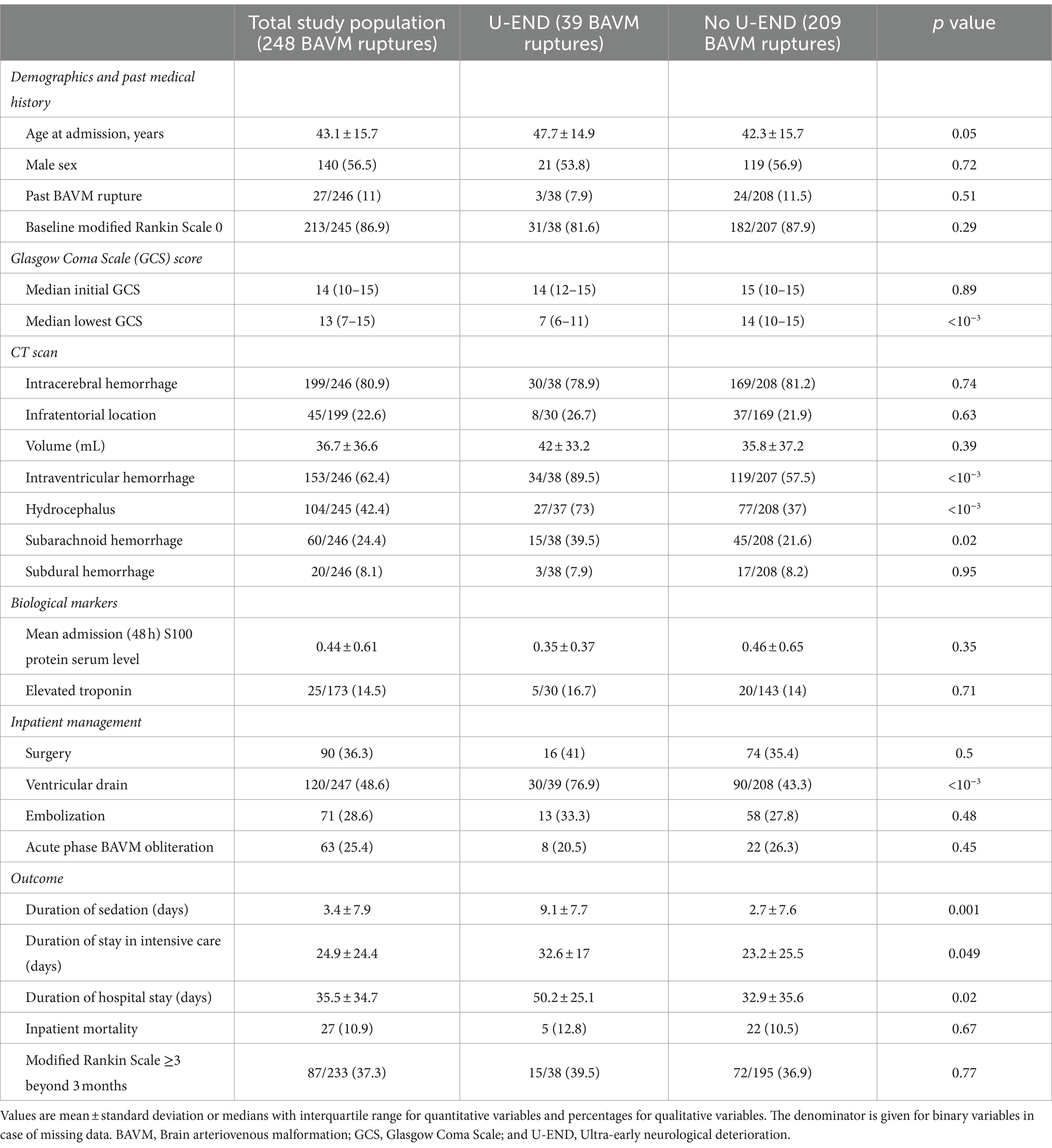How to Become an Automotive Engineer: Requirements, Education, and the Role of Math
Introduction
Automotive engineering is a specialized branch of engineering focused on the design, development, testing, and production of vehicles and their systems. If you are interested in building the next generation of cars or making advances in vehicle safety, efficiency, and sustainability, this field offers diverse opportunities. To succeed as an automotive engineer, there are specific educational, technical, and professional requirements-many of which are deeply rooted in mathematics and science. This guide provides a comprehensive overview of what it takes to enter and excel in the automotive engineering profession, emphasizing the indispensable role of math and outlining actionable steps for aspiring engineers.
Educational Requirements for Automotive Engineers
To become an automotive engineer, you must typically start with a strong educational background in mathematics, science, and engineering. While some universities offer dedicated programs in automotive engineering, most aspiring professionals begin by earning a bachelor’s degree in mechanical engineering or a related field such as electronics, materials, or chemical engineering [2] . Coursework in these programs covers physics, chemistry, advanced mathematics, computer programming, and engineering principles.
During high school, students should focus on developing a solid foundation in algebra, geometry, trigonometry, calculus, and science subjects [1] . This preparation is essential to handle the rigorous curriculum in college engineering programs. At the undergraduate level, students are expected to complete key courses in mathematics (such as calculus and differential equations), physics, materials science, thermodynamics, and mechanics. Some universities, like Clemson University, require completion of core math and physics courses before admission into their automotive engineering programs [4] .
Real-World Example
At Clemson University, applicants to the undergraduate automotive engineering program must have completed courses such as MATH 1080 (Calculus II) and PHYS 1240 (Physics with Calculus), demonstrating the importance of a strong math and science background [4] .

Source: thesaurus.com
Does Automotive Engineering Require Math?
Mathematics is fundamental to all engineering disciplines, and automotive engineering is no exception. In fact, proficiency in math is not just recommended-it is essential. Automotive engineers use advanced mathematical concepts daily to model vehicle dynamics, analyze structural integrity, design efficient engines, and optimize safety features. Subjects like calculus, linear algebra, statistics, and differential equations are routinely applied to solve real-world engineering problems [1] .
For instance, designing a new suspension system requires the application of mechanics and mathematical modeling to predict how a vehicle will respond under different conditions. Engineers also use computational tools and simulations, which are grounded in mathematical algorithms, to test vehicle safety and performance before creating physical prototypes.
Potential Challenges and Solutions
Students sometimes struggle with the intensity of math required in engineering programs. To address this, many universities offer tutoring, study groups, and online resources. If you find math challenging, you should seek extra support early-consider summer bridge programs or engineering camps during high school to reinforce foundational skills. Persistence and practice are key to building mathematical proficiency.
Steps to Becoming an Automotive Engineer
1. Prepare Academically in High School
Focus on mathematics and sciences-take as many relevant courses as possible, including AP or honors-level math and science if available. Participate in engineering clubs, robotics competitions, or science fairs to gain hands-on experience and demonstrate your interest.
2. Earn a Bachelor’s Degree in Engineering
Apply to accredited universities with strong mechanical or automotive engineering programs. If your chosen school does not offer automotive engineering as a major, select mechanical engineering and pursue automotive-focused electives or research projects. Maintain a competitive GPA and seek out faculty mentors for guidance.
3. Complete Internships and Gain Practical Experience
Internships in the automotive industry are critical for gaining hands-on skills and making professional connections. Seek internships with automotive manufacturers, suppliers, or research institutes. These experiences bridge the gap between classroom learning and real-world engineering practice [2] .
Example: Many automotive engineering students intern at companies like Ford, General Motors, or Tesla, where they might help design prototypes, conduct testing, or work on digital modeling. This practical experience is highly valued by future employers.
4. Obtain Licensure as a Professional Engineer (PE)
Licensure is not strictly required for all automotive engineering positions but is highly recommended, especially for those seeking advancement, government roles, or consulting opportunities. The typical path involves:
- Graduating from an ABET-accredited engineering program
- Passing the Fundamentals of Engineering (FE) exam
- Completing four years of relevant work experience
- Passing the Principles and Practice of Engineering (PE) exam
Licensing requirements vary by state. To learn about your state’s requirements, visit your state’s official engineering licensing board website or the National Council of Examiners for Engineering and Surveying (NCEES).
5. Pursue Advanced Education (Optional)
A master’s or doctoral degree is not required for entry-level roles but can open doors to research and development, teaching, or leadership positions. Some engineers choose to specialize further by obtaining graduate degrees in automotive engineering, materials science, or computer engineering.
Skills and Competencies Needed
In addition to technical knowledge, automotive engineers need:
- Analytical skills – to interpret data and solve complex problems
- Communication skills – to collaborate with multidisciplinary teams
- Project management – to lead projects and meet deadlines
- Computer-aided design (CAD) proficiency – to create and test digital models
- Attention to detail – to ensure safety, reliability, and regulatory compliance
Continuous learning is vital, as the automotive industry rapidly evolves with advances in electric vehicles, autonomous systems, and sustainability initiatives. Staying updated through professional societies, workshops, and certifications can enhance your expertise and employability.

Source: rebeccaminkaiser.blogspot.com
Accessing Automotive Engineering Opportunities
To find programs and job opportunities:
- Research accredited engineering schools via the Accreditation Board for Engineering and Technology (ABET). Search for programs specializing in automotive, mechanical, or related engineering fields.
- Contact your university’s career services office for internship and co-op listings, resume workshops, and interview preparation.
- Explore professional associations such as the Society of Automotive Engineers (SAE International). Membership often provides access to industry news, conferences, scholarships, and networking events.
- Look for job postings on established career platforms like Indeed, LinkedIn, and company websites of major automotive manufacturers and suppliers.
- If you need information about engineering licensure in your state, visit your state’s official engineering licensing board website or the National Council of Examiners for Engineering and Surveying (NCEES).
Alternative Pathways and Additional Guidance
Some individuals enter automotive engineering after starting in other engineering or science fields, such as electrical engineering, materials science, or physics. Transferring skills from these domains can be valuable, especially as vehicles become increasingly computerized and reliant on advanced materials. If you are switching fields, consider taking additional coursework or certifications relevant to automotive systems and technologies.
If you are a high school student or recent graduate, consider attending summer engineering camps or workshops, many of which are hosted by universities or professional societies. These programs can provide early exposure, mentorship, and guidance on academic and career planning.
Summary and Key Takeaways
To become an automotive engineer, you need a strong educational foundation in mathematics and science, a bachelor’s degree in mechanical or automotive engineering, hands-on internship experience, and, ideally, professional licensure. Math is not just a prerequisite-it is a core skill applied throughout an automotive engineer’s career. By following the recommended steps and seeking continuous learning opportunities, you can build a successful and rewarding career in this innovative industry.
References
- [1] Vault (2023). Automotive engineers: Requirements.
- [2] Indeed (2025). What is Automotive Engineering? Career Description, Requirements and Steps.
- [3] Indeed (2025). Learn About Being an Automotive Engineer.
- [4] Clemson University (2024). Automotive Engineering B.S. Program Requirements.
- [5] Science Buddies (2024). Automotive Engineer – Career Discovery.



